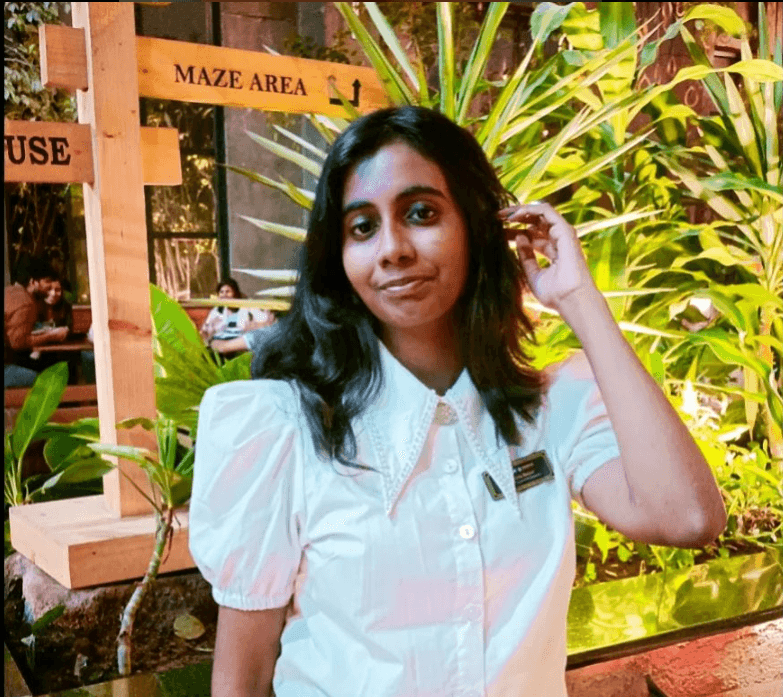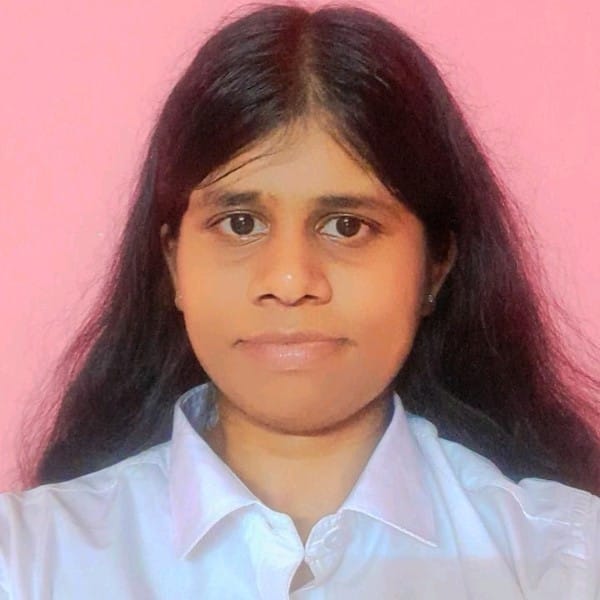Understanding Depression: Symptoms, Causes, and Treatment

Ciya V Shaji
August 20 , 2024

Introduction to Depression:
In India, stigma around depression and other mental health conditions is common, and those who suffer from it may be advised to "get over it" and "quit feeling sorry for themselves." Seeking assistance from traditional healers rather than mental health professionals, some people may have the belief that mental disease stems from supernatural or spiritual elements. Some may think that the primary cause of mental disease is a lack of self-control and willpower, or that people with mental illnesses talk to themselves. It may even be agreed upon by some that individuals with mental problems have to be kept apart from healthy individuals.
“Every emotion has a story to tell”
- k.tolnoe
Depressive disorder (or depression) is a popular mental health issue that can affect anyone. It is distinguished by a poor mood or a loss of pleasure or interest in activities for extended durations. This differs from normal mood swings and feelings about ordinary living. It may also result in issues with eating, sleeping, thinking, and remembering. It's common to experience sadness or grief in response to challenging circumstances, including losing your job or getting divorced. However, depression is not the same as sadness alone because it lasts almost every day for at least two weeks. It also involves additional symptoms. According to a 2023 nationwide study, over three out of ten people (29%) have had a diagnosis of depression at some point in their lives, and roughly 18% are actively dealing with depression.
Symptoms of Depression:
Depression frequently shows overwhelming exhaustion, even with enough rest, making it difficult to do daily duties. People suffering from depression may also experience hunger shifts, resulting in considerable weight loss or increase. Cognitive symptoms include trouble focussing, choosing what to do, and recalling specifics. Feelings of worthlessness and dissatisfaction might result from this mental fog. Depression can also lead to sleep disorders like insomnia or excessive sleeping, which exacerbate tiredness. Those experiencing emotional symptoms frequently experience the most severe ones, with a strong sense of guilt or self-blame. Thoughts of self-harm or thoughts of death may occur in extreme instances. The significant effects that depression can have on the mind and body are highlighted by the prevalence of physical symptoms, such as inexplicable aches and pains.
“A big part of depression is feeling really lonely, even if you are in a room full of a million people”
- Lilly Singh
Causes of Depression:
Depression is a complex disorder with multiple causes, including genetic, biochemical, environmental, and psychological aspects. Individuals with a family history of depression are more likely to develop it themselves, indicating a genetic tendency. Biologically, an imbalance in brain chemicals that influence mood, such as serotonin and dopamine, can cause depression symptoms.
There are important environmental elements as well. Depression can arise from long-term stress, trauma, or a significant life transition, such as losing a loved one or your career. Depression can also develop as a result of long-term medical conditions, substance misuse, and some prescription drugs.
An additional psychological risk factor is an impulse to dwell on issues, negative thought patterns, and low self-esteem. Depression is often the result of the interaction of these different factors, which makes it difficult to properly comprehend and cure.

Photo by Danie Franco Team on Unsplash
Treatment for Depression:
“When you are happy, you enjoy the music but when you are sad, you understand the lyrics”
- Frank Ocean
Conclusion:
Gaining an understanding of depression is essential to treating this common mental illness. Acknowledging the multiple causes, ranging from genetics to environmental circumstances, as well as the many symptoms, such as emotional and cognitive problems and physical discomfort, is necessary. A multidisciplinary strategy is frequently needed for treatment, combining medication, psychotherapy, lifestyle modifications, and support networks. We can better support individuals impacted by depression and motivate them to seek care if we cultivate compassion and awareness. This thorough knowledge is crucial for lowering stigma, fostering mental health, and guaranteeing that people who are depressed get the care they require.
“Mental pain is less dramatic than physical pain, but it is more common and also more hard to bear. The frequent attempt to conceal mental pain increases the burden: it is easier to say "My tooth is aching" than to say, "My heart is broken."”
- C.S. Lewis

Photo by Stormseeker Team on Unsplash
For professional support, reach out to a therapist at Heart It Out today!
Keep Reading
Started reading,
found my glow!
New blogs dropping soon – Sign up!
© EmbraceWell. All rights reserved



























